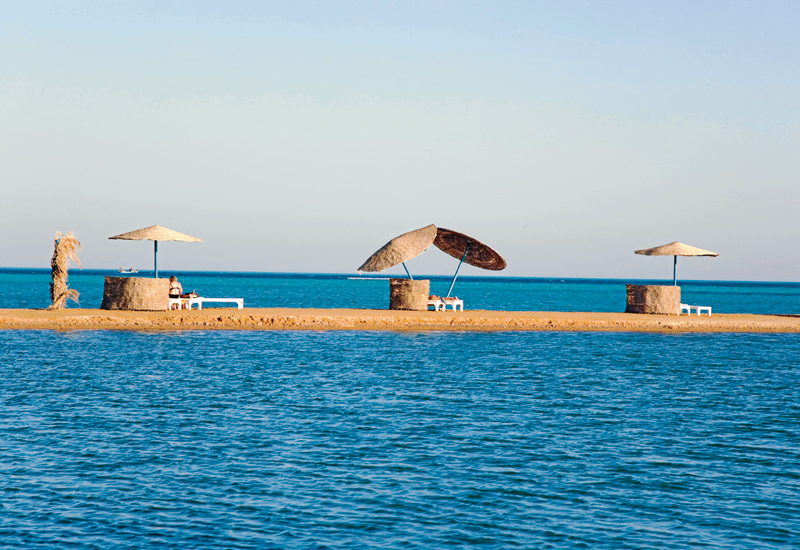Home grown solutions
Global groups may have been making the running, but regional chains are getting in on the act too, with Rotana, for instance, installing LED lights, solar panels, motion sensors, room management systems and more.
“We strongly believe sustainability is the future and is certainly a USP for a hotel once operating,” says CEO Selim El Zyr. “We have begun introducing green standards in to our minimum brand specifications that will see energy management technology employed across all new properties — with existing hotels following closely behind.”
With the ECOS green brand under development, HMH too is committed to sustainable principles, according to president and CEO, Michel Noblet: “Upon formation of the company, our first objective was to create environmental standards across all our hotels as well as stimulate employee volunteerism,” he said.

| Advertisement |
“We have implemented effective water and energy saving schemes in many of the properties including innovative technology to help reduce water usage by 20 to 30% as well as enhanced refrigerant management, solar panels, and automatic lighting shut-off controls.”
Over at Jumeirah, a carbon-footprint baseline was established in 2008, and the group is now working actively to reduce this: “We believe that what cannot be measured, cannot be managed,” says Mike O’Connor, VP technical services. “Ownership of energy consumption has shifted from engineering to individual consumption cost centres.
“Jumeirah is in discussions with Green Globe to achieve accreditation and in addition, we have published sustainable guidelines for new developments, in line with LEED guidelines, to be adhered to by developers and owners.”
Pilot projects are also being undertaken with ‘green’ products and once evaluated, these will be implemented across Dubai properties, while Madinat Jumeirah has become the first UAE hotel to implement the Bokashi compost programme, recycling raw food waste using an anaerobic process to provide organic compost for the resort’s gardens.
Jumeirah has also looked to the seas with a turtle rehabilitation programme that has released more than 500 rescued sea turtles back in to the Gulf.
Government support
A variety of tourism boards are now pushing hotels to deliver green credentials. Abu Dhabi has prioritised green standards as a USP for its evolving tourism product, with the Abu Dhabi Tourism Authority mandating all hotels and hotel apartments to operate under an over-riding Environment, Health and Safety Management System (EHSMS) with targets for reduction in energy and water consumption (10% and 20%) and the waste sent to landfill (20%).
According to ADTA tourism standards director, Nasser Al Reyami, sustainability is now an essential part of the world-class tourism experience: “Abu Dhabi’s challenging climate coupled with its emergence as a high-end tourism destination provides us with an excellent opportunity to develop our own environmentally-responsible tourism offerings,” he says. “Sustainability is part of our strategic vision.”
As well as an in-house team to supervise development in this area, ADTA has conducted a series of Green Hotel workshops to showcase best practices, assisted with retraining of hotel staff in environmentally-friendly work practices, and will now be looking at other areas including the operations of desert camps.
All hotels will ranked for their green credentials but new properties will be ahead of the game with opportunities to build in sustainable operations.
At the new Park Hyatt Abu Dhabi, general manager Stuart Deeson says architects implemented many features at the design stage so that green standards were naturally part of the hotel: “Through adoption of green building guidelines, we have been able to set benchmarks that only a few existing hotels can meet”.
The hotel is one of the few properties in the final stage of becoming an LEED-certified luxury hotel — among its green features are the use of natural light through skylights in 75% of the building; capture of prevailing winds for ventilation; 50% dry wadi landscaping to reduce water consumption; coated double glazing to cut heating and cooling loads, and solar panels which cut energy costs by 75%.
“These sustainable measures will pay us back in the long-term, not only in reduced water and energy costs but increased interest from today’s discerning travellers — our global accounts are telling us their goal is to find a hotel company with green initiatives in place,” adds Deeson.









 Search our database of more than 2,700 industry companies
Search our database of more than 2,700 industry companies









